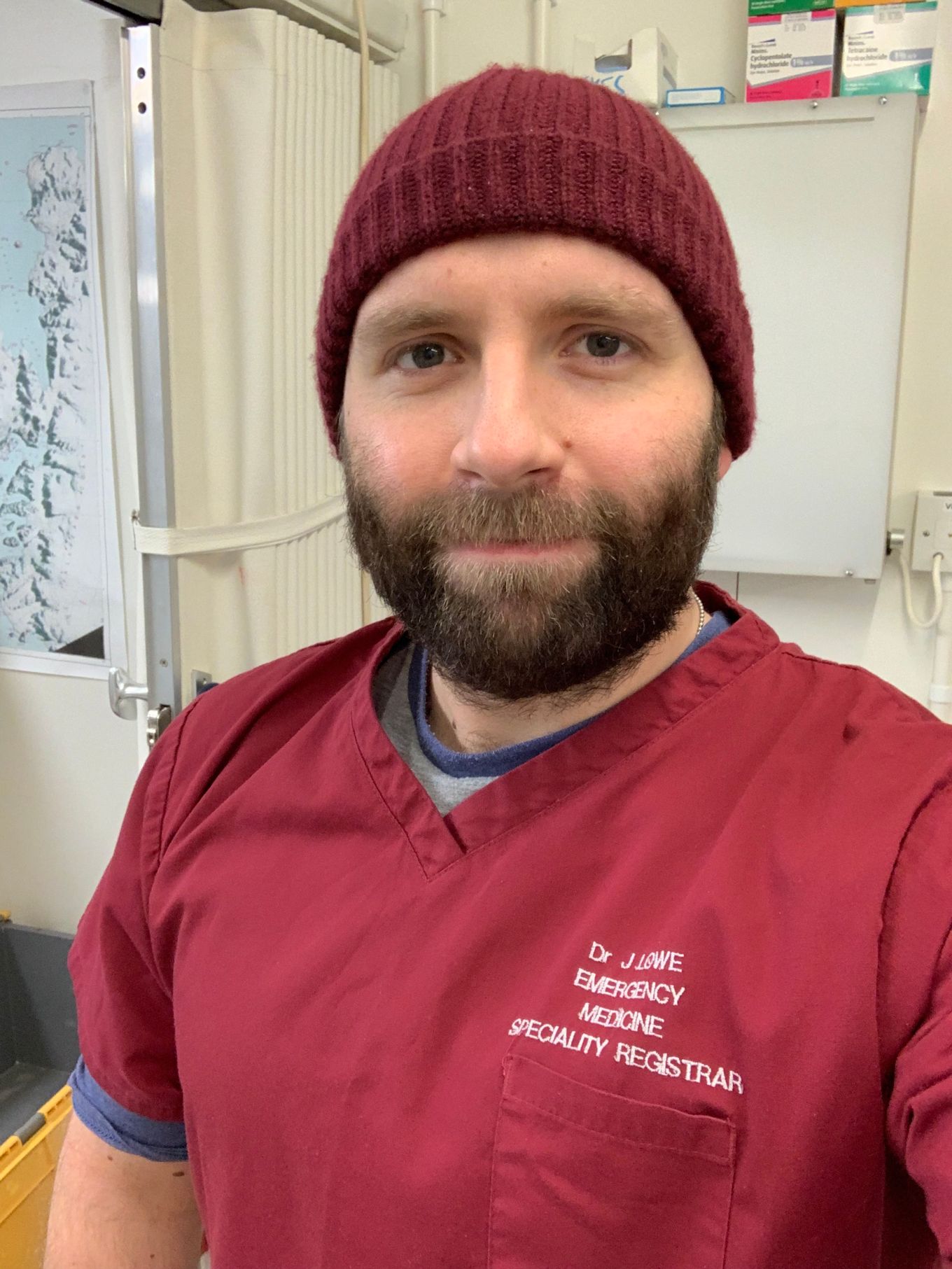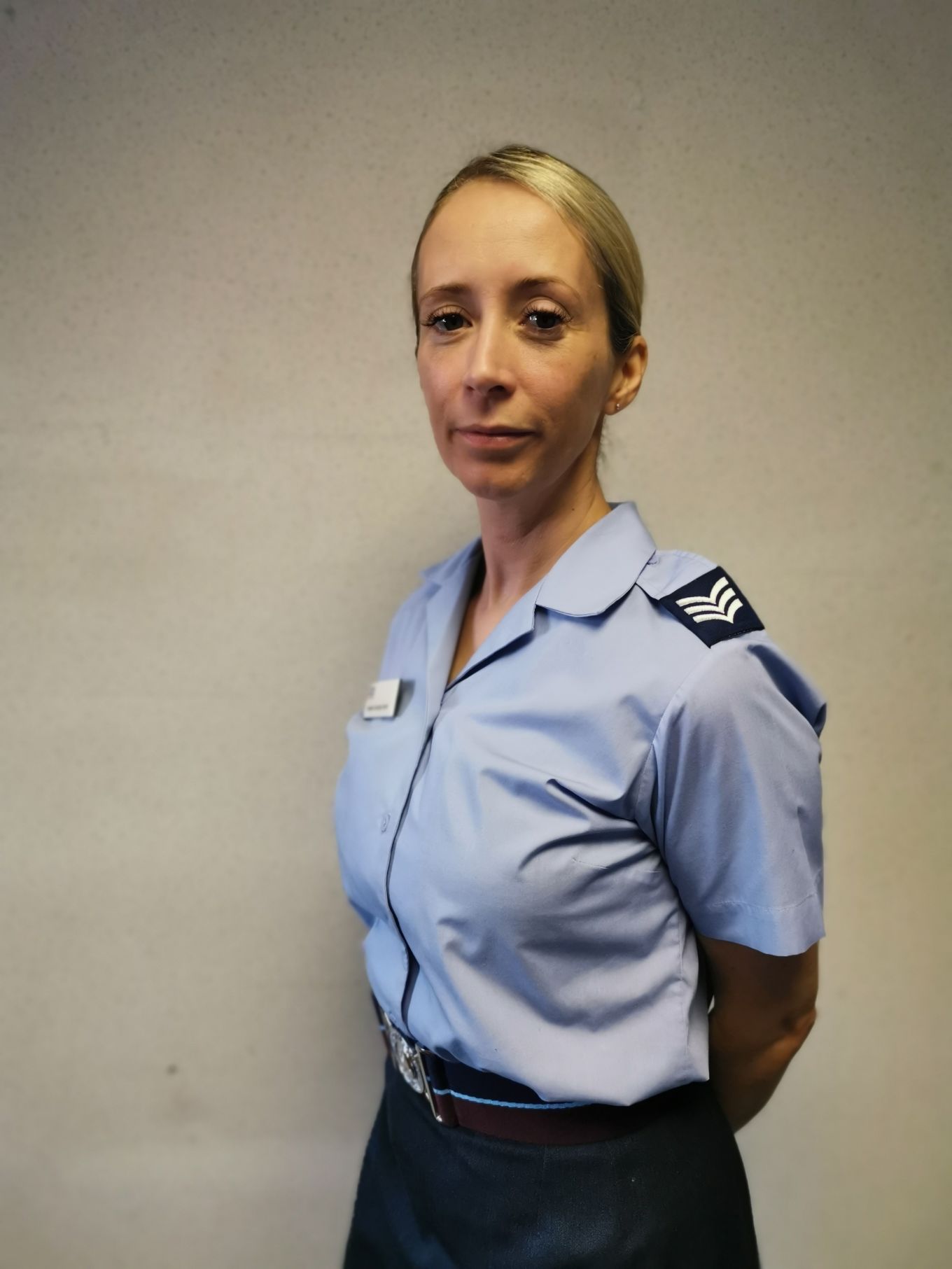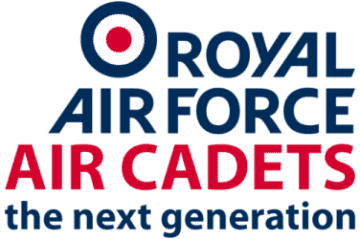Incredible acts of heroism and resilience within the Armed Forces have been recognised and celebrated at The Sun Military Awards.
The awards, known as the Millies, are an opportunity for the nation to hear inspiring individual and collective achievements from within the Royal Navy, Army, and Royal Air Force.
Following a reception at 10 Downing Street, the nominees received the full red-carpet treatment with a champagne reception and glitzy ceremony at Banqueting House in London.
Defence Secretary Ben Wallace said:
“It was a privilege to be in the company of so many extraordinary servicemen and servicewomen at The Sun Military Awards this evening. Our Armed Forces serve with expertise, dedication and resilience and are the best in the world. The Sun Military Awards allow us to celebrate the brilliance of our Armed Forces and reward examples of extraordinary service. Congratulations to all the nominees and winners and thank you to The Sun and BAE Systems for organising this wonderful event.”
Famous faces from the worlds of film, music and sport were on hand to present the awards. Prime Minister Boris Johnson attended the ceremony and presented the Hero at Home – Unit award.
Nominees from the Royal Air Force are:
Flight Lieutenant Aaron Kerry, RAF Odiham.
Flying in hotspot to help stricken chopper crew
Winner of 'HERO OVERSEAS - INDIVIDUAL'
Chinook pilot Aaron Kerry was on the last flight of his three-month tour when the mayday call came in.
.png)
A French military helicopter was down and on fire in a remote corner of Mali that was infested with IS terrorists last April.
Onboard his helicopter and the one flying alongside were 50 French Paras.
Despite running low on fuel, Aaron turned the British Chinooks from C Flight 18 Squadron back to go to the rescue.
Aaron, says: “We were doing a pretty routine logistics move, picking up troops from a base about 40 minutes away and returning them safely at Gao Airfield.”
Because visibility was poor, the Chinook crews spoke on the radio to two French Caiman helicopters travelling in the opposite direction to adjust their heights and avoid a collision.
Aaron, says: “After we had passed, one of them radioed and said the other had been forced to make an emergency landing in the desert with an engine fire.
“Ending up downed in the middle of nowhere is any aviation crew’s worst nightmare when you are operating somewhere like that.” Crewmen dropped the Paras to secure the area and the Chinooks waited to give top cover until a back-up helicopter arrived to pick up the abandoned crew.
Aaron’s commanding officer, Wing Commander Matt Roberts says: “Aaron stayed on the ground providing support for more than half an hour. It is remarkable in a hostile environment like that.”
Squadron Leader Jonathon Lowe, RAF High Wycombe.
Life saved in 3,500-mile rescue from Antarctica
SQN LDR Lowe is the Royal Air Force’s first and only Dual Emergency Medicine and Intensive Care Medicine trainee.
The trail-blazing doctor was stationed in Antarctica last March when a civilian contractor became desperately unwell.

The patient’s chances of survival were slim, and Jonathon faced a five-day, 3,500-mile journey to Chile with the ill man that would test his medical skills.
He and his team set about saving the man’s life while attempting to organise an evacuation from the remote base.
Thanks to the hard work of teams back in the UK, at 3 pm the next day they set sail on the first leg of the evacuation from Adelaide Island.
Jonathon, 31, from Plymouth, says: “I packed all the supplies I knew I’d need and a body bag in case things didn’t turn out how we all hoped. It was serious.”
After a day-long journey in pitching seas, Jonathon, along with colleague Major Amber Chadwick and their patient, reached a neighbouring station off the coast of Antarctica where they waited for a plane to take them to Chile. After nine hours of flight, plus refuelling, Jonathon and his still-conscious patient arrived in Santiago, Chile, and were met by an ambulance. Jonathon says: “He was so lucky to survive.”
Speaking of his Millies nomination, he adds: “It’s a huge shock. I feel fraudulent. There were so many other people involved that allowed me to do what I did.
“I didn’t save his life. There was a whole team of us.”
18 & 27 Squadron RAF Odiham.
Six days flying to save a flood-hit town
WINNERS OF 'HERO AT HOME' (UNIT)
Chinook choppers dropped 600 tonnes of rubble to shore up Whaley Bridge dam, which was close to bursting during floods last year.
More than 580 homes were cleared and 1,500 residents evacuated in August when the dam in Derbyshire threatened to disintegrate.
.jpg)
But the RAF came to the rescue, flying a gruelling six-day mission to move huge sacks of aggregate into place and avert catastrophe.
Flight Lieutenant Matthew Smyth, from Stafford, says: “The scale of the flooding was immense. We had an inkling something was going on — there was a national crisis brewing.”
He and his crew, who were the first servicemen on the scene, were called in by the emergency services.
They immediately started ferrying aggregate bags on to the dam. After six hours they started drawing on a “Battleships grid-style” system to ensure the rubble was placed in the correct spots. After six days of relentless flying, the two units from RAF Odiham, Hants, declared its mission accomplished.
Matthew says: “I landed that day certainly very tired but feeling very proud of what the crew had achieved.”
On being nominated for a Millie, he adds: “You don’t do the job to get a pat on the back, but it's brilliant. We’re all awestruck.” Crewman Sergeant Gavin Anderson, a 31-year-old married dad-of-two, from Pocklington, East Yorks, directed the pilots so the helicopter could drop the rubble in the right spot.
He says: “It was long days, and very tiring. On day three or four, farmers in the local fields were creating ground-to-air signs saying, ‘Thanks RAF’, or, ‘You’re our heroes’.
“To see that after a long, tiring day was incredible.”
RAF Sergeant Georgina Smith.
Powerlifting through multiple sclerosis gloom
By rights, Sgt Georgie Smith should not be able to walk, let along serve in the Forces.
Four years ago she was diagnosed with multiple sclerosis and feared her career in the service would be over.

But remarkably Georgie, who served in Afghanistan, Bosnia and the Falklands, has gone from strength to strength – after taking up powerlifting.
She has defied the doctors, winning four silvers and two bronze medals at the Warrior Games in Florida last June where she was UK team captain.
Georgie, says: “I believe 100 per cent in the military mindset.
“If I wasn’t using sport as my crutch I would be in a very different place.”
Georgie, who had worked as a Detention Handler in Kandahar, discovered powerlifting on a visit to Help for Heroes’ recovery centre at Tedworth House, Wilts, and now deadlifts 100kg – that’s twice her bodyweight.
Georgie, who lives in South Wales, says: “I manage my illness right now by constantly looking forward to the next competition – train towards it, recover, have a little rest and then start again.” On top of her job at Bristol’s Armed Forces Careers Office, and her sporting achievements, Georgie is now the RAF advocate for chronic illness and disability as well as a champion for sports with the MS Society of Wales.
Georgie says: “I think the worst thing you can do is to allow the illness to overtake you because ultimately a lot of illnesses are mind over matter.”
Squadron Leader Roger Cruickshank
So calm under pressure as missile fails to launch
PINNED down by dozens of IS fighters armed with rocket-propelled grenades, the small group of Iraqi soldiers had already taken heavy casualties and were facing almost certain death.
Their only hope was a pair of RAF Typhoon fighter jets screaming in at 450 miles an hour.

In one cockpit, Sqn Ldr Cruickshank pressed the red button to launch a 500lb Paveway IV laser-guided missile on to the two dozen terrorist fighters hiding under a tree.
Suddenly an error warning light came on – and the plane’s computer would not allow the weapon to fire.
Roger says: “I remember screaming at the aircraft at the top of my voice.”
At that moment, the 37-year-old remembered a training briefing and that a series of button pushes would allow the pilot to skip to another missile and fire. He says: “I only had about two seconds to make that decision.
“I did the button presses and when I felt the clunk of the weapon coming off my aircraft, I was ecstatic. It was a direct hit.”
He was awarded the Distinguished Flying Cross for his part in the attack – the high point of a stellar career.
But it could all have been so different. Roger’s life fell apart in 2010 after his mother, a nurse, killed herself, aged 54.
The airman found it hard to cope and speak about it. But then he confronted his anguish in a book, Speed Of Sound, Sound Of Mind, which gives advice to others going through similar trauma. He has also raised £16,000 for mental health charities such as Heads Together, co-founded by Prince William, who presented him with the DFC.
Roger says: “I remember watching William talking about mental health and thinking I have been trying to say that for years. I love the way he has spoken openly.”




